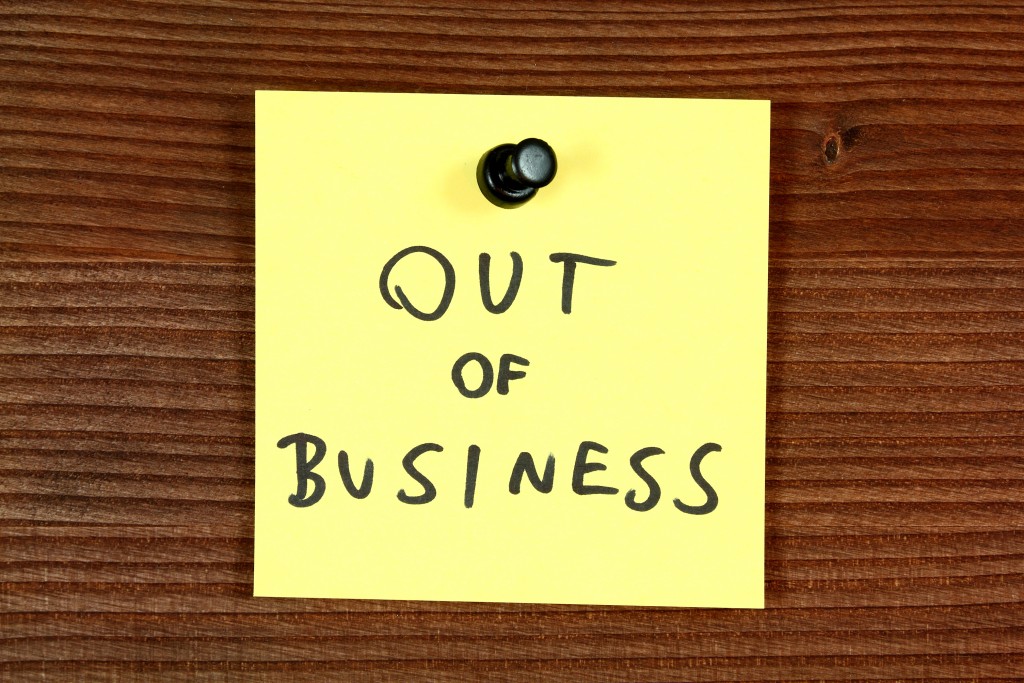A global crisis is leaving an unprecedented impact on commerce. Companies now find themselves juggling to address operational and financial difficulties as well as meeting the needs of customers, employees, and stakeholders. How’s your business holding up amid the pandemic?
Creating Positive Change Out of Challenges
The unpredictability and dynamism of the current business climate demand further agility and resilience from companies. It doesn’t matter whether you’ve been in an industry for some time or that you’ve just started a firm. Any organization that fails to recover and thrive under pressure is likely to shorten its time in the market.
So what do you do?
Businesses that survive a crisis can do so because they’ve already had systems in place before the unthinkable happens. Some examples include investing in smart tools that allow for remote collaboration, working with reliable courier services that ensure delivery of your products, and implementing a business continuity plan. But innovative businesses think beyond those terms.
Some of the best leaders have introduced business models that enfold uncertainty, interdependence, and a multi-time scale perspective. Running a company on multiple timescales (at the same time as opposed to sequentially) is a way to prevent disruption from economic shifts.
In a crisis like the coronavirus pandemic, addressing immediate threats isn’t enough. You have to think about what’s going to happen next; in this case, plan for a likely recession. And you also need to plot for what will be the new normal; in this instance, preparing for a potential revival of demand.
Management of multiple timescales may affect your efficiency, but it’s going to provide sustained performance in the long run. Why? It’s because your company isn’t just managing risks now; it’s prepared to handle even the unknowns.
Following the Principles of Longevity

A resilient company has the resources to operate even amid a crisis. Barring federal- or state-wide restrictions, you should be able to run and serve your market by adopting the six principles of enduring systems.
Based on biological systems, these principles are:
1. Modularity
Modularity for companies is compartmentalization for individuals. Your company can be divided into separate modules with well-defined interfaces. What this does is that it protects all other units in your organization if one module fails.
2. Diversity
When your business has people from different backgrounds with varying cognitive profiles, it allows your company to function well during a catastrophe. Diversity promotes several ways of looking at problems and of doing things.
3. Redundancy
It sounds counterproductive, but incorporating redundancies in your business helps you continue operations amid disruptions. For example, having two factories in different locations work on the same product allows you to meet your customers’ needs when one factory shuts down.
4. Embeddedness
This principle requires the alignment of goals and activities with a greater system. When your company’s purpose agrees with supply chains, economic ecosystems, and societies, you’ll face lesser resistance or restriction.
5. Prudence
You can’t be too cautious when it comes to business. From evaluating your systems for vulnerabilities to scenario planning, the right tests and plans allow business survival.
6. Adaptability
Flexibility and learning allow your company to mitigate disruptions.
A crisis like today calls for resilience in business. You’ll need to adjust, respond, and prepare accordingly to continue serving your market.




